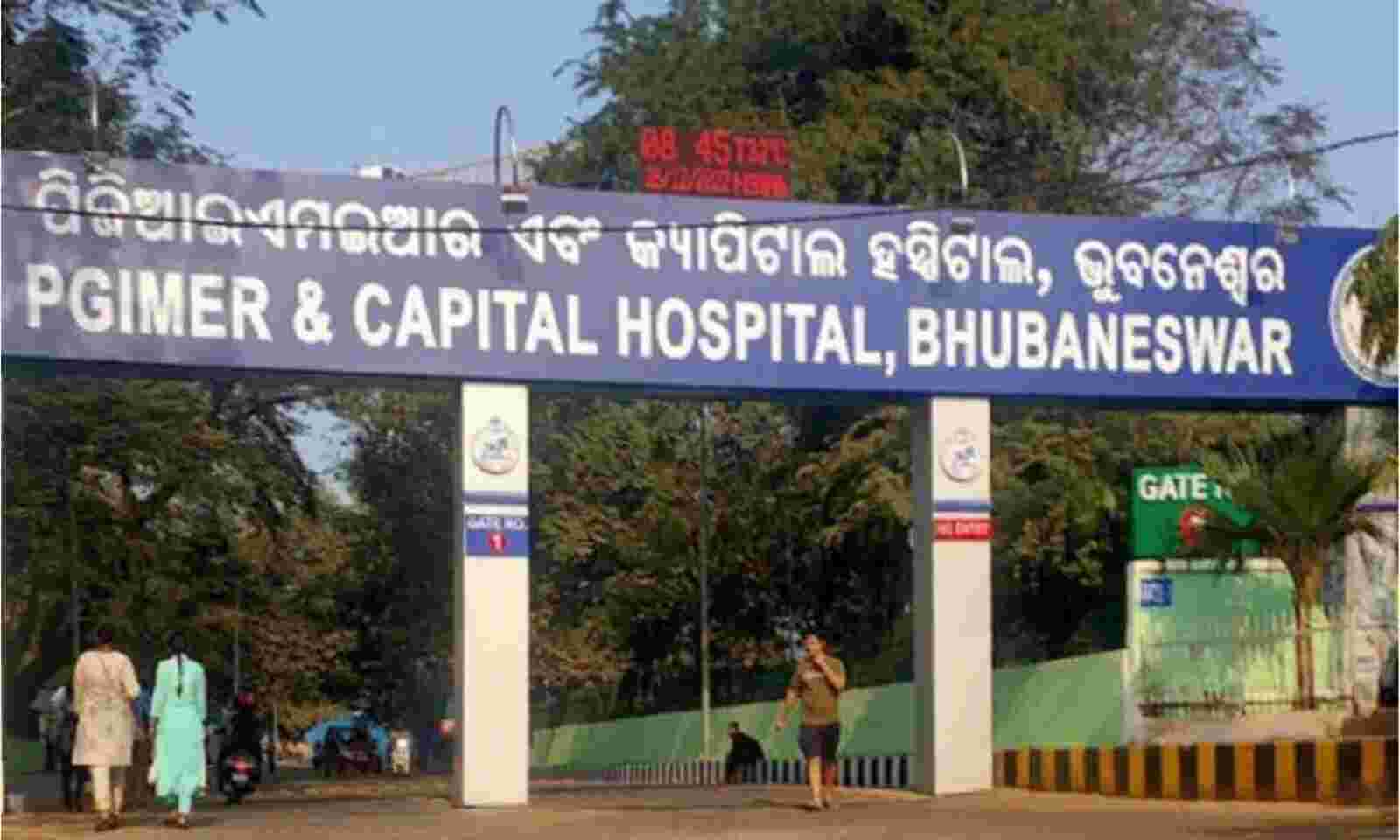PGIMER Bhubaneswar Chosen as WHO Trial Centre for Antenatal Corticosteroids
The World Health Organisation (WHO) has chosen the Postgraduate Institute of Medical Education and Research (PGIMER) in Bhubaneswar, India, as a trial site for the “WHO ACTION III Trial” in an effort to improve the health outcomes of preterm neonates. prenatal Corticosteroids for Improving Outcomes in Preterm Newborns (ACIOPN) is a trial that examines the advantages and potential risks of giving pregnant women who are at risk for preterm birth two prenatal corticosteroid regimens. The purpose of this multi-country, multi-center, and randomised experiment is to discover appropriate steroids and establish the best doses for the protection of both the mother and the foetus.
How Important the Trial Is
Preterm infants, or those born before 37 weeks of pregnancy, are especially susceptible to life-threatening conditions during the newborn period. Without the right care, survivors have a higher chance of developing lifelong problems and having a poor quality of life. The WHO acknowledges that preterm birth-related infant mortality and morbidity can be greatly decreased by interventions given to mothers before or during pregnancy as well as to preterm infants after delivery.
The WHO is conducting the “WHO ACTION III Trial” to assess the efficacy of prenatal corticosteroids in improving outcomes for preterm neonates in order to address this issue.
The trial seeks to offer important insights into the use of corticosteroids and their effect on preterm newborns’ survival by undertaking a thorough assessment of the advantages and potential risks.
The PGIMER Bhubaneswar Centre of Excellence
PGIMER Bhubaneswar’s selection as a trial site for the WHO ACTION III Trial says a lot about the institution’s standing and medical research know-how. The use of steroids to improve outcomes in preterm neonates will be the subject of extensive research, which will be conducted in conjunction with Capital Hospital Bhubaneswar by this prominent institution.
On May 4, the WHO delegation visited PGIMER’s obstetrics and gynaecology division and special newborn care unit (SNCU), which included Ayesha Mariette De Costa, a researcher from the Department of Maternal, Newborn, Child, and Adolescent Health in Geneva. Following its assessment, the WHO issued a letter of confirmation approving PGIMER Bhubaneswar’s right to start the trial. Numerous kids and their families will benefit from this research, which is anticipated to last two years and address the difficulties connected with premature birth.
FAQs
- Why is the WHO ACTION III Trial being conducted?
The WHO ACTION III Trial’s objective is to assess the advantages and potential risks of two prenatal corticosteroid regimens given to pregnant women between 34 and 37 weeks of gestation who are at risk for giving birth prematurely. The trial also aims to define the best doses for the protection of both the mother and the baby, as well as which steroids are most effective at saving the lives of preterm infants.
- Why are preterm infants more likely to experience negative health outcomes?
Preterm infants, those born before 37 weeks of pregnancy, are more likely to experience serious sickness or pass away while still in the womb. Without the right care, survivors run a higher chance of developing lasting problems and experiencing a lower quality of life.






















